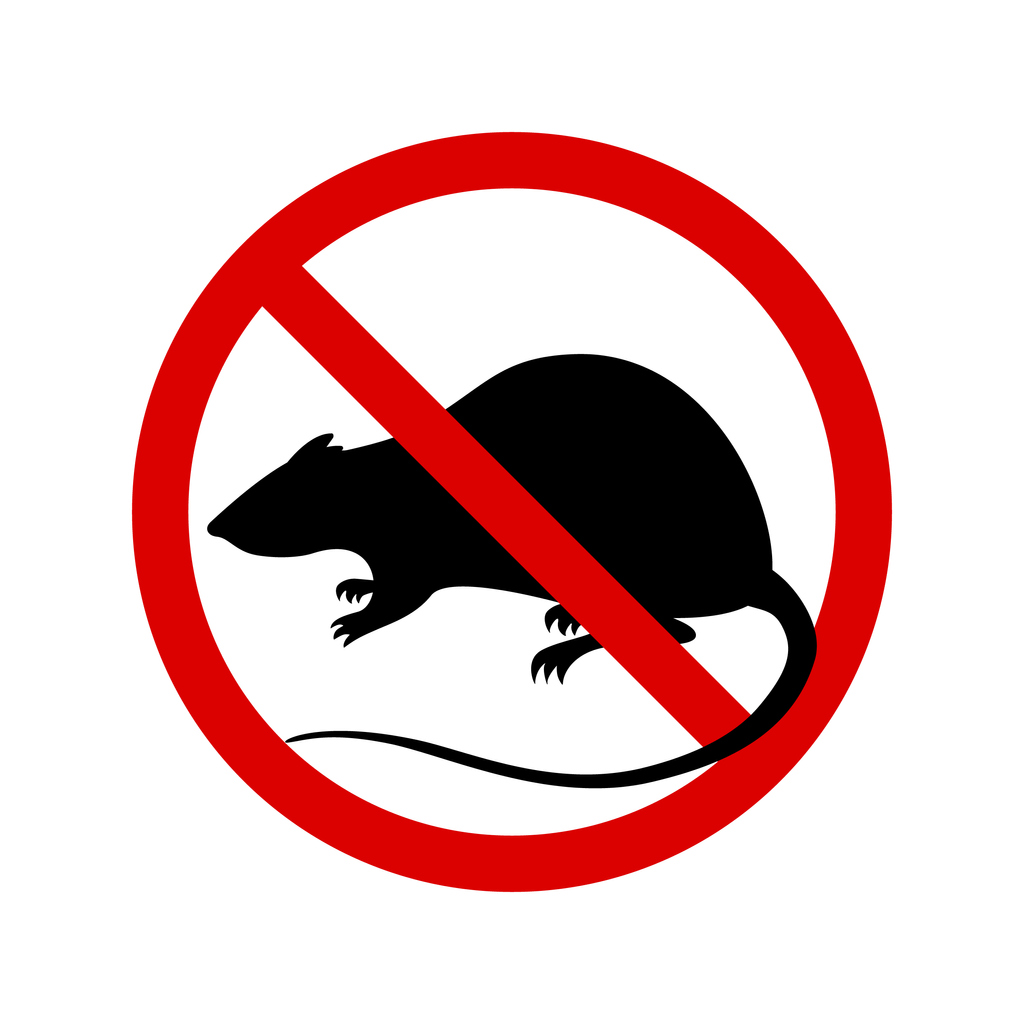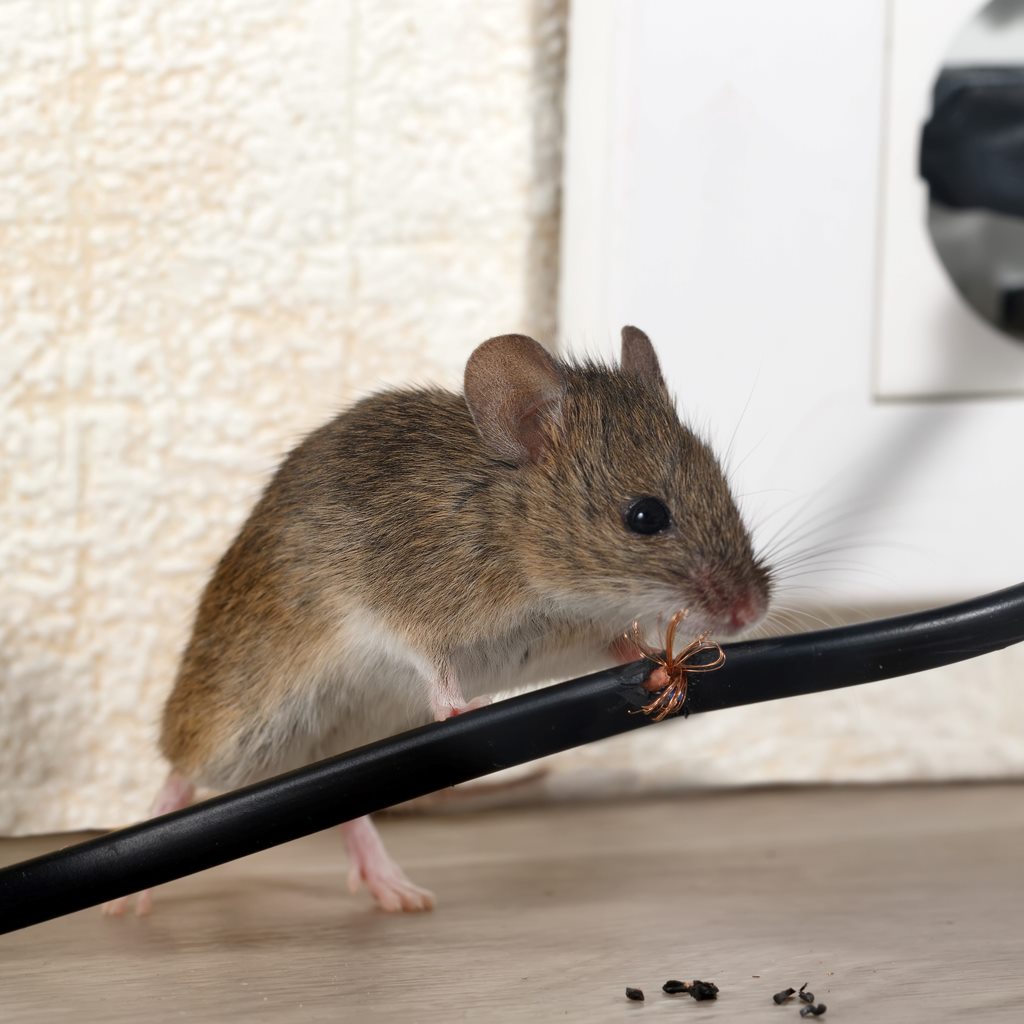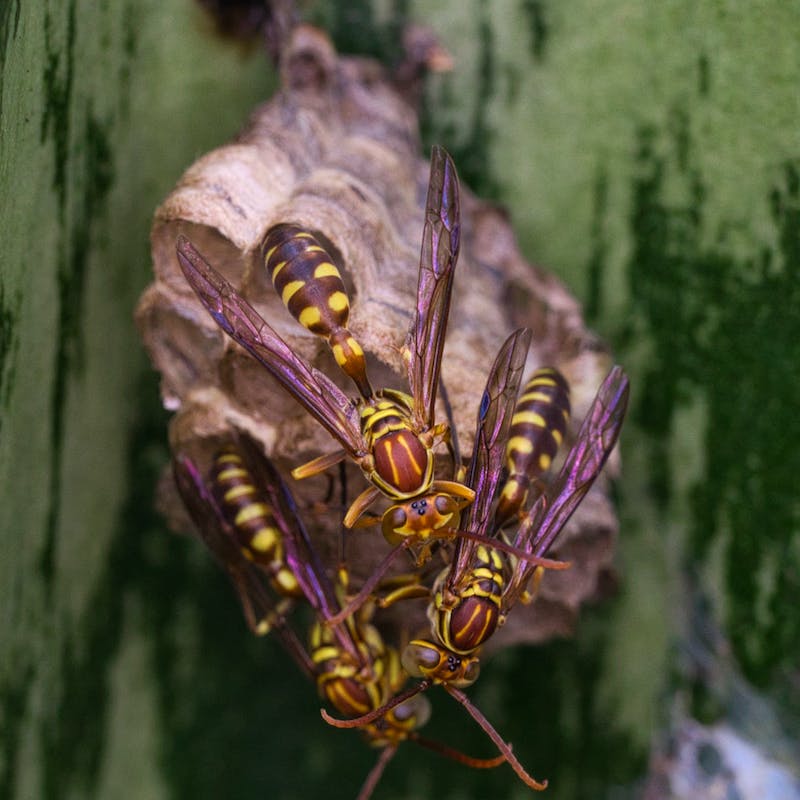
02 Jan 2024 | Trifecta Pest Solutions (UK) Ltd
In cases where a rat population is spiraling out of control, there may be a need for an advanced strategy involving the use of rat poison. This is something that shouldn’t be considered lightly but it does have effective results and an important thing to understand is how long rat poison takes to work.
In this article, I answer the question, how long does rat poison take to work, explain the common poison types, and other related information.
Understanding the Common Types of Rat Poison
The issue when looking at how long does rat poison take to work is that there is more than one poison. Different poisons work differently and take varying amounts of time to kill rats. Below, I have listed three of the most common poison types together with their typical timeframe for killing rats.
Anticoagulant Rodenticides
Anticoagulant rodenticides are the most common and are often used by professionals like Trifecta Rat Exterminators. This type of rat poison prevents blood clotting which eventually causes internal bleeding and death.
Second-generation anticoagulant rodenticides such as Difenacoum are more effective than the first-generation variants and typically kill the rat from just one ingestion as opposed to several feeds. This type of rodenticide is especially toxic and extreme care must be taken to avoid secondary poisoning.
Typical timeframe to kill the rat
Anticoagulant rat poison typically takes up to a week to kill the rate but it can work in as little as a few days. It depends on how effective the clotting mechanism is and how quickly this leads to internal bleeding.
Non-Anticoagulant Rodenticides
As the name suggests, non-anticoagulant rodenticides do not stop blood clotting but instead attack other systems within a rat’s body. For example, Cholecalciferol artificially raises calcium levels in the rat which ultimately causes kidney failure and death.
In contrast, Bromethalin disrupts the rat’s nervous system causing paralysis and death. These rat poisons are often used if anticoagulant rodenticides have proven ineffective and the rats have formed a resistance to them. They also pose a risk to other wildlife so extreme care and responsibility must be taken with their use.
Typical timeframe to kill the rat
Non-coagulant poisons that attack a rat’s nervous system usually work much quicker and can kill the rat within a couple of days after ingestion. However, poisons like Cholecalciferol usually take longer and can take up to a week to kill the rat.
Acute Toxicants
As a last resort and for the fastest action there are acute toxicants. These are incredibly powerful and dangerous and their use is highly regulated because secondary poisoning and accidental poisoning is a high risk.
Acute toxicants should only ever be administered and monitored by professional rat exterminators. One example is Zinc Phosphide which is often used in grain-based bait and reacts with a rat's stomach acid and releases a lethal gas.
Typical timeframe to kill the rat
Acute toxicants are the fastest-acting rat poisons and can work in as little as a few hours and usually no longer than a day.
How to Improve the Effectiveness of Rat Poison

The poison itself is not the only factor to consider - you can improve the effectiveness of the solution in other ways - mainly by increasing the likelihood that the rats ingest it.
Make sure the poison is fresh
When rat poison is stood for months or years the potency reduces. Therefore, exterminators will always use fresh bait and rat poison as this gives the highest possible chance of success. Most rodenticides also have an expiry date and using this could help the rats build up a resistance to it.
Remove any alternative food sources
Ideally, you want a situation where the poisoned bait is the only viable food source the rats have as this will greatly increase the chance they eat it. Therefore, make sure all the rubbish and potential alternative food sources are cleared away and the area is otherwise clean.
Position the poison carefully
Detecting rat infestations is essential as you need to place the poison in the right position. For example, if there is an area with a high concentration of urine and droppings this would be an ideal location for bait and poison.
Consider the use of pre-bait
Pre-bait that isn’t poisoned and tastes the same as the poisoned bait makes sure the rats become accustomed to the taste and are more likely to ingest the poison.
When Dealing With Rats, Seek Professional Assistance
If you suspect you have a rat's nest in your house or garden, the best course of action is to seek professional assistance from rat exterminators. They can assess the situation and advise the best course of action. If poison is needed, they can administer it in a safe manner that works effectively and eliminates the risk of secondary poisoning.

